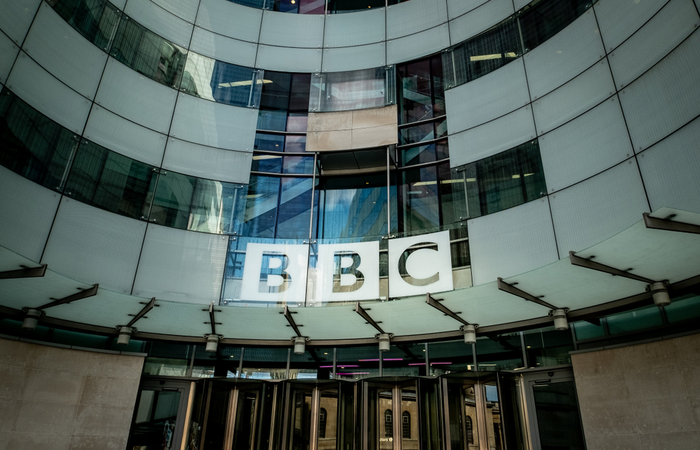
The British Broadcasting Corporation (BBC) has reported a mean gender pay gap of 6.3% for average hourly pay as at April 2020.
The organisation, which currently has over 20,000 employees, reported its gender pay gap data in line with the government’s gender pay gap reporting regulations.
The reporting regulations require organisations with 499 or more employees to publish the differences in mean and median hourly rates of pay for male and female full-time employees, the gap in men and women’s mean and median bonus pay, the proportions of male and female employees awarded bonus pay, and the proportions of male and female full-time employees in the lower, lower-middle, upper-middle and upper quartile pay bands.
Due to the Covid-19 (Coronavirus) pandemic, gender pay gap reporting regulations have been suspended for the 2020/2021 reporting period, however, some organisations have chosen to do so voluntarily.
BBC’s median gender pay gap is 6.2%, as at April 2020. On average, women earn 94p compared to every £1 their male counterparts earn.
Its median gender gap for bonuses paid during the reporting period is 0. The mean gender pay gap for bonus payments is 37.6%, up from 23.1% the previous year.
Over the reporting period, 12.2% of female employees and 10.2% of male employees received bonus payments. Just under half (40%) of employees in the highest pay quartile at the BBC are female, compared to 41% in the second quartile, 46% in the third quartile and 55% in the lowest pay quartile.
Tim Davie, general director at the BBC, said: “In this year’s BBC Pay Gap Report, we are taking our commitment to transparency even further by providing more data than ever before on pay distribution for all the above categories.
“Looking at the data, I’m proud to say that for the third year in a row, the BBC has reduced its gender pay gap down to a new low of 6.2%. That is a reduction of a third since 2017 and reflects the considerable focus we have placed on this challenge in the organisation.”